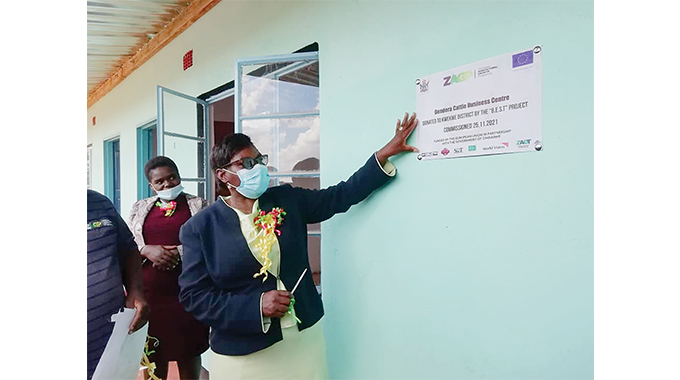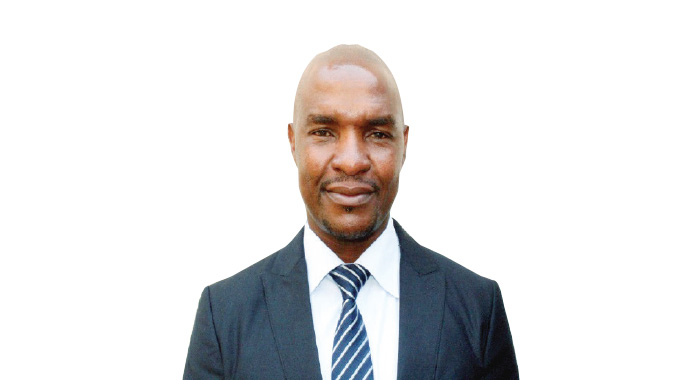Midlands increases summer cropping hectarage target

Michael Magoronga, Midlands Correspondent
FARMERS in the Midlands Province have increased the hectarage target for maize as they seek to maximise on different support schemes to increase output.
This comes as the meteorological services department has predicted normal to above normal rainfall during the 2021/22 summer farming season.
Last season the province surpassed its target hectarage under the Intwasa/Pfumvudza programme and is expecting a good yield this season.
The province had a target of 13 680ha on Intwasa/Pfumvudza but surpassed 20 500ha translating to 150 percent achievement.
Midlands Provincial Crop and Livestock Officer, Mrs Medline Magwenzi said ahead of the 2021/22 season, about 499 000 households across the province have already dug holes in line with the Pfumvudza/Intwasa programme against a target of 295 000.
“This means that we are going to increase our hectarage that we put under maize in the coming season because we already have surpassed the number of households trained for the programme,” she said.
“What it means is that it’s not only those we have trained but even those who have not been trained have dug holes meaning they are cascading information amongst themselves.”
Mrs Magwenzi said despite slight delays in the delivery of inputs, farmers were highly optimistic of a good farming season. “Inputs are delaying, maize seed is yet to be available at most of our depots but farmers continue collecting as they dig their holes. I understand that the ministry has stepped in to ensure that our farmers get their inputs timeously,” she said.
Other institutions like the Zimbabwe Prisons and Correctional Services have also adopted the concept and they were working on their holes. Mrs Magwenzi said although rains have delayed, the preparations have positioned farmers for success.
“As long as farmers follow the concept, it works well where there is little moisture and minimum tillage. That’s why it is conservation agriculture,” she said.
Mrs Magwenzi, however, said rains were needed for livestock purposes so as to replenish the pastures. She said other farmers were still being contracted under the AgroYield programme.
Meanwhile, Mrs Magwenzi said the province had already harvested 85 percent of winter wheat and was expecting a good harvest despite quelea birds having done damage to most of the crop.
“As Midlands we have done well in terms of winter wheat production as compared to last season where we didn’t have enough underground water for irrigation,” she said. “This time our yield was compounded by the Presidential Input Scheme, which gave us impetus and as such we are looking to double our yield this season.”
The province had put a total of 5 448 hectares under winter wheat as compared to 2 854 hectares last season.
“We are looking forward to doubling our yield as already, we have surpassed last season’s tonnage yet we are still harvesting,” said Mrs Magwenzi.
“We still have a number of communal farmers, most of whom are doing hand harvesting. We are happy that we managed to harvest most of the crop before the onset of the rains.”









Comments